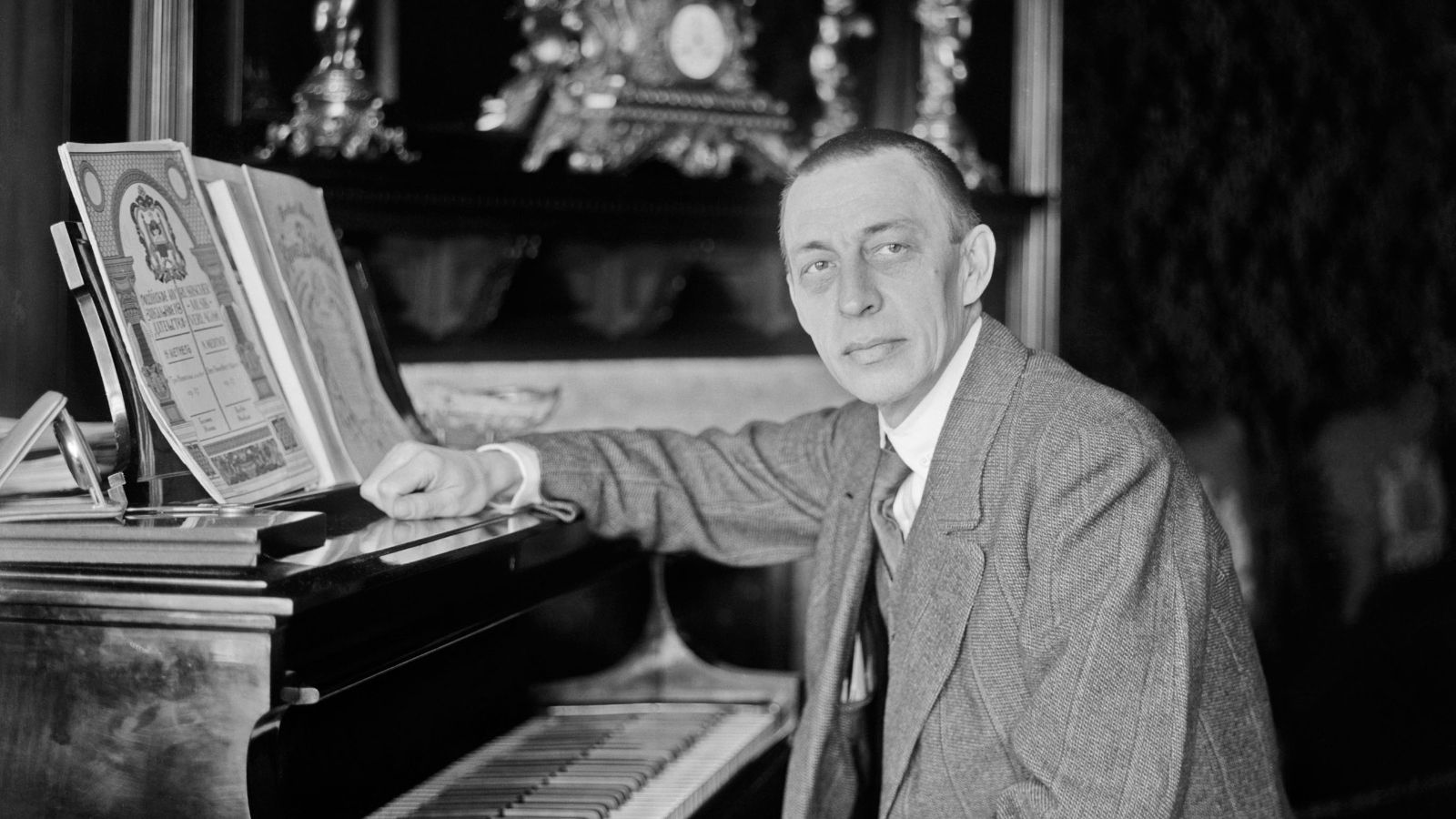Sergei Rachmaninoff, one of the last great representatives of Romanticism in Russian classical music, was a virtuoso pianist and a prolific composer. His works are known for their emotional depth, lyrical melodies, and technical demands. Here are ten of Rachmaninoff’s best compositions that showcase his genius and enduring legacy.
1. Piano Concerto No. 2 in C Minor, Op. 18
Arguably Rachmaninoff’s most famous work, this concerto is a staple of the piano repertoire. Composed after a period of deep depression, it marks Rachmaninoff’s recovery and return to composition. The concerto is known for its lush orchestration, sweeping melodies, and the intricate interplay between the piano and orchestra.
2. Rhapsody on a Theme of Paganini, Op. 43
This composition is a set of 24 variations on Niccolò Paganini’s Caprice No. 24 for solo violin. The 18th variation is particularly beloved for its lyrical beauty and has been featured in numerous films and popular media. The rhapsody blends virtuosic piano passages with Rachmaninoff’s characteristic romanticism.
3. Symphony No. 2 in E Minor, Op. 27
The Symphony No. 2 is one of Rachmaninoff’s most well-regarded symphonic works. It is expansive, with a rich orchestral palette and memorable themes. The Adagio movement, in particular, stands out for its emotional depth and haunting beauty.
4. Prelude in C-sharp Minor, Op. 3, No. 2
One of Rachmaninoff’s earliest successes, this prelude is part of his Morceaux de Fantaisie. Its dramatic opening chords and melancholic melody have made it a favorite among pianists and audiences alike. The piece showcases Rachmaninoff’s ability to convey profound emotion within a short duration.
5. Piano Sonata No. 2 in B-flat Minor, Op. 36
This sonata is known for its technical challenges and expressive range. Revised by the composer in 1931, it blends lyrical passages with moments of intense virtuosity. The sonata is a testament to Rachmaninoff’s mastery of the piano and his innovative approach to composition.
6. Vocalise, Op. 34, No. 14
Originally written for voice and piano, Vocalise is unique in that it has no lyrics. The singer uses a single vowel sound to convey the melody, allowing the music to speak purely through its expressive lines. It has been transcribed for various instruments, highlighting its universal appeal.
7. Piano Concerto No. 3 in D Minor, Op. 30
Often referred to as the “Rach 3,” this concerto is one of the most demanding in the piano repertoire. It is renowned for its technical difficulty and the depth of its musical expression. The interplay between the soloist and the orchestra is particularly intricate and rewarding for both performers and listeners.
8. Symphonic Dances, Op. 45
Rachmaninoff’s final composition, the Symphonic Dances, is a three-movement work that encapsulates his entire career. It features rhythmic vitality, lush harmonies, and echoes of his earlier works. The piece reflects a mature, reflective Rachmaninoff and is a powerful conclusion to his compositional output.
9. Etudes-Tableaux, Op. 39
This set of piano études is known for its technical challenges and vivid imagery. Each piece is a study in pianistic technique as well as a musical narrative. The Op. 39 set is particularly intense and complex, showcasing Rachmaninoff’s prowess as both a composer and a pianist.
10. The Bells, Op. 35
A choral symphony based on the poem by Edgar Allan Poe, The Bells is one of Rachmaninoff’s most ambitious works. It is structured in four movements, each corresponding to a different type of bell and mood. The work is notable for its dramatic use of the chorus and orchestra, creating a powerful and evocative soundscape.
Conclusion
Sergei Rachmaninoff’s compositions continue to captivate audiences with their emotional depth, technical brilliance, and lyrical beauty. His works remain a cornerstone of the classical repertoire, beloved by performers and listeners alike. Whether through the grandiosity of his concertos or the intimacy of his solo piano pieces, Rachmaninoff’s music endures as a testament to his genius.


Comments are closed